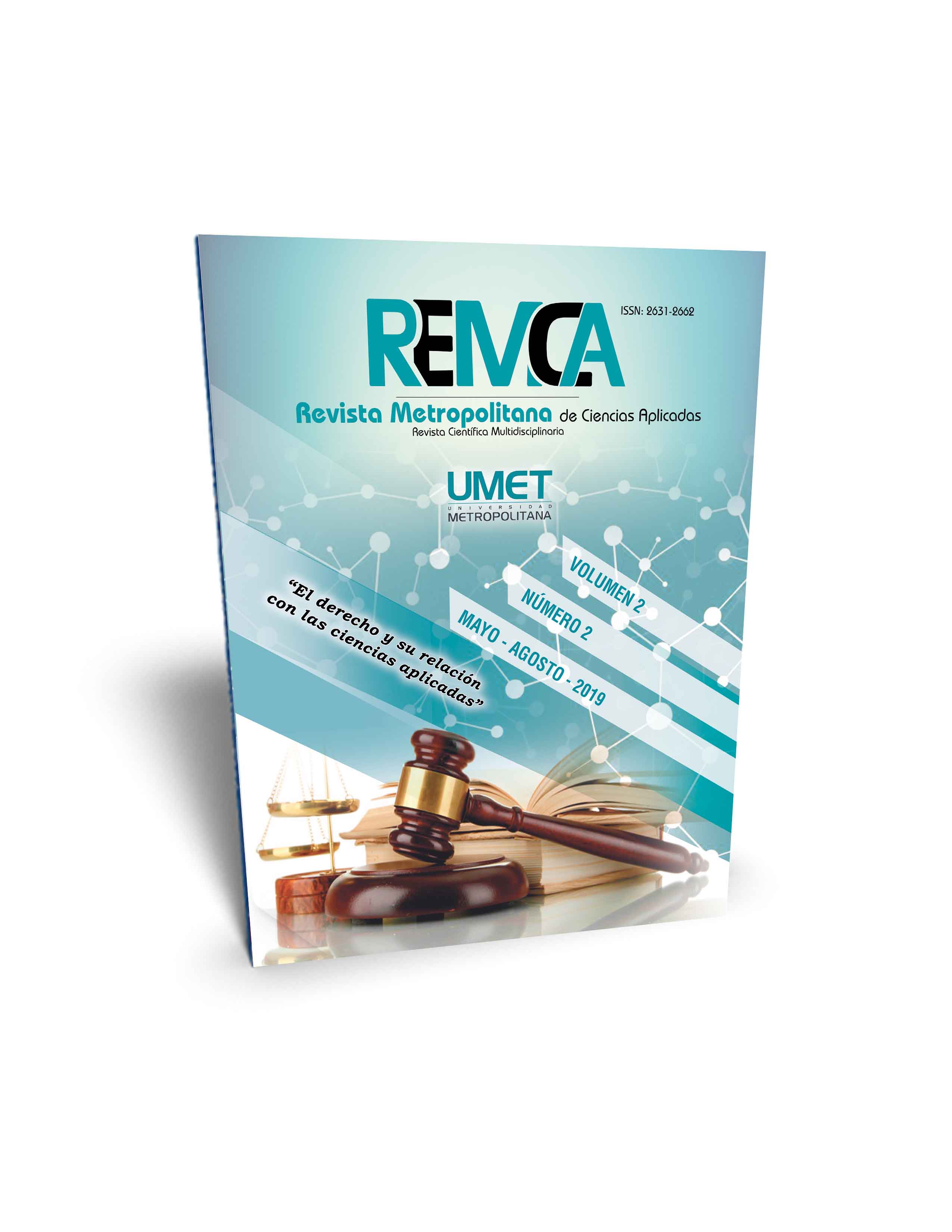La lógica de los principios de la justicia indígena
DOI:
https://doi.org/10.62452/p3hjm623Palabras clave:
Principio, lógica, justicia, armonía, colectividadResumen
La lógica de los principios de la justicia indígena indica que cada uno de los parámetros que sigue la administración indígena busca respetar las relaciones cósmicas y mantener la armonía en la comunidad, y al relacionarlo con la lógica occidental esta se relaciona con el principio de razón suficiente, pues cada una de ellos tiene una razón, necesitad, causa para lograr el objetivo indicado. Cada uno de estos principios se relacionan entre sí por lo tanto entre todos ellos existe una coherencia y cada uno de ellos se fundamentan en la armonía y colectividad. En consecuencia, se realizó una investigación socio-jurídico pues se analizó la normativa nacional e internacional vigente como la doctrina y al mismo tiempo se empleó el método cuantitativo formulando entrevistas a dirigentes destacados de la comunidad indígena de Quilloac del cantón Cañar para comprender el sentido y alcance de cada uno de los principios que rigen la administración indígena y demostrar que al igual que en el pensamiento occidental siguen principios universales para alcanzar un fin determinado.
Descargas
Referencias
REFERENCIAS BIBLIOGRÁFICAS
Ávila, R. (2016). El neoconstitucionalismo andino. Quito: Universidad Andina.
Beltrán, B. (2010). Desde la continuidad histórica, recostruyendo la jurisprudencia indígena . Quito: NINA Comunicaciones.
Colombia. Corte Constitucional. (2014). Autonomía jurisdiccional de pueblos indigenas para resolver conflictos por autoridades propias y segun normas y procedimiento establecido por cada comunidad. Bogotá: Corte Constitucional.
Ecuador. Comisión Legislativa y de Fiscalización. (2009). Código Orgánico de la función judicial, Registro Oficial Suplemento 544. Recuperado de https://www.oas.org/juridico/mla/sp/ecu/sp_ecu-int-text-cofj.pdf
Ecuador. Asamblea Nacional Constituyente. (2008). Constitución de la República del Ecuador. Quito: Asamblea Nacional Constituyente.
Estermann, J. (2006). Ruwanasofia o lurañsofia: ética andina. La Paz: ISEAT.
Grijalva, A., & Boaventura, S. (2012). Justicia Indígena Plurinacional e Intercultural en Ecuador. Quito: Abya-Yala.
Guerra Rodríguez, E. (2018). Prohibición de la administración de justicia indígena en delitos contra la vida, en el marco constitucional ecuatoriano: estudio en a comunidad de Quilloac del cantón Cañar. (Tesis de Maestría). Cuenca: Universidad del Azuay.
Guraudo, L. (2008). Derechos, costumbre y jurisdicción indígena en la América Latina contemporanea. Madrid: Centro de Estudios Políticos y Constitucionales.
Romero, D. (2017). Prohibición de la administración de justicia indígena en delitos contra la vida en el marco constitucional plurinacional ecuatoriano: estudio en la comunidad de Quilloac del Cantón Cañar. (Tesis de Maestría). Cuenca: Universidad del Azuay.
Bernal, A. (2000). De la exclusión a la participación. Pueblos Indígeas y sus derechos colectivos en
Rueda, C. (2008). El reconocimiento de la jurisdicción especial indígena dentro del sistema judicial nacional en Colombia. El debate de la coordinación. Estud. Socio-Juríd., 10(1). Recuperado de http://www.scielo.org.co/scielo.php?script=sci_arttext&pid=S0124-05792008000100012
Descargas
Publicado
Número
Sección
Licencia
Derechos de autor 2019 Clara Daniela Romero Romero (Autor/a)

Esta obra está bajo una licencia internacional Creative Commons Atribución-NoComercial-CompartirIgual 4.0.
Los autores que publican en la Revista Metropolitana de Ciencias Aplicadas (REMCA), están de acuerdo con los siguientes términos:
1. Derechos de Autor
Los autores conservan los derechos de autor sobre sus trabajos sin restricciones. Los autores otorgan a la revista el derecho de primera publicación. Para ello, ceden a la revista, de forma no exclusiva, los derechos de explotación (reproducción, distribución, comunicación pública y transformación). Los autores pueden establecer otros acuerdos adicionales para la distribución no exclusiva de la versión de la obra publicada en la revista, siempre que exista un reconocimiento de su publicación inicial en esta revista.
© Los autores.
2. Licencia
Los trabajos se publican en la revista bajo la licencia de Atribución-NoComercial-CompartirIgual 4.0 Internacional de Creative Commons (CC BY-NC-SA 4.0). Los términos se pueden consultar en: https://creativecommons.org/licenses/by-nc-sa/4.0/deed.es
Esta licencia permite:
- Compartir: copiar y redistribuir el material en cualquier medio o formato.
- Adaptar: remezclar, transformar y crear a partir del material.
Bajo los siguientes términos:
- Atribución: ha de reconocer la autoría de manera apropiada, proporcionar un enlace a la licencia e indicar si se ha hecho algún cambio. Puede hacerlo de cualquier manera razonable, pero no de forma tal que sugiera que el licenciador le da soporte o patrocina el uso que se hace.
- NoComercial: no puede utilizar el material para finalidades comerciales.
- CompartirIgual: si remezcla, transforma o crea a partir del material, debe difundir su creación con la misma licencia que la obra original.
No hay restricciones adicionales. No puede aplicar términos legales ni medidas tecnológicas que restrinjan legalmente a otros hacer cualquier cosa que la licencia permita.




